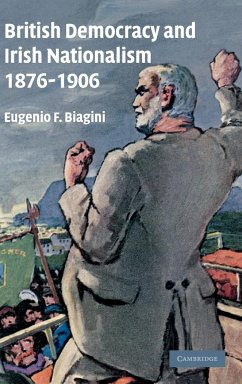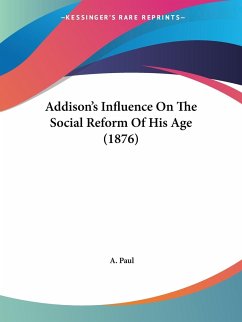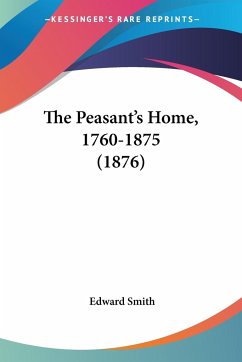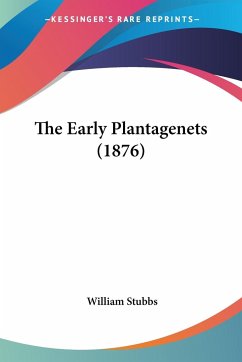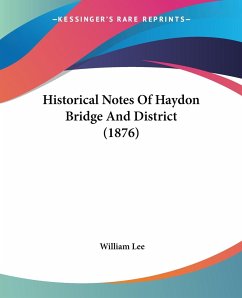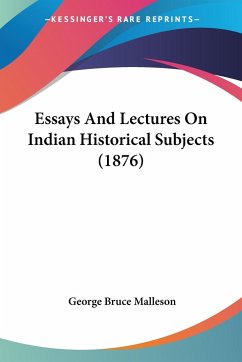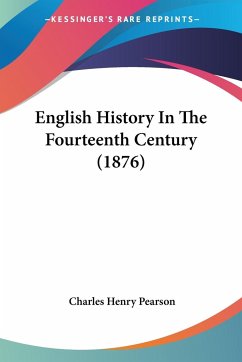A major new study of the impact of Home Rule on liberalism and popular radicalism in Britain and Ireland. Eugenio Biagini argues that between 1876 and 1906 the crisis of public conscience caused by the Home Rule debate acted as the main catalyst in the remaking of popular radicalism. This was not only because of Ireland's intrinsic importance but also because the 'Irish cause' came to be identified with democracy, constitutional freedoms and humanitarianism. The related politics of emotionalism did not aid in finding a solution to either the Home Rule or the Ulster problem but it did create a popular culture of human rights based on the conviction that, ultimately, politics should be guided by non-negotiable moral imperatives. Adopting a comparative perspective, this book explores the common ground between Irish and British democracy and makes a significant contribution to the history of human rights, imperialism and Victorian political culture.
Hinweis: Dieser Artikel kann nur an eine deutsche Lieferadresse ausgeliefert werden.
Hinweis: Dieser Artikel kann nur an eine deutsche Lieferadresse ausgeliefert werden.

